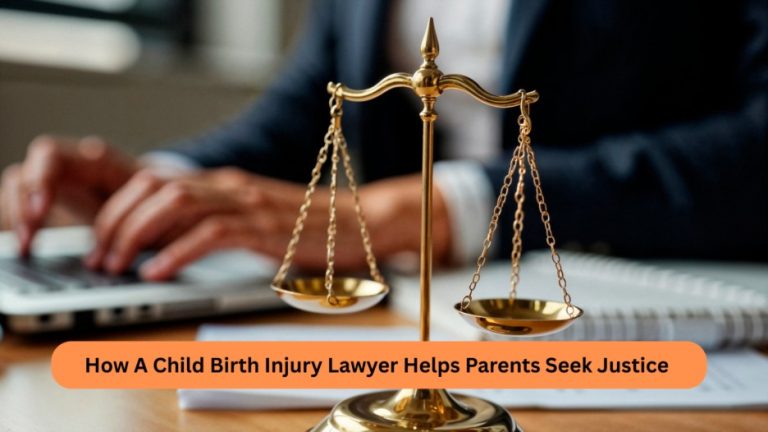Navigating Elder Care: What Aging Adults and Families Need to Know
Older adults need special attention and care to lead a comfortable life due to their reduced physical abilities and sometimes chronic illnesses. However, not all families can take good care of their aging loved ones due to family dynamics and work commitments. This makes such families consider in-home assistance or senior communities.
With all the retirement communities taking care of seniors, families need to understand different senior care options to choose what works for their loved ones. This article shares what families with elderly parents need to understand about elderly care.
Reason for Seeking Elderly Care
Some seniors move into retirement homes to avoid home maintenance hassles and responsibilities. But many consider senior communities due to physical or emotional challenges. When older adults develop chronic conditions such as diabetes and arthritis, they need support with routine tasks.
Fortunately, senior communities have trained caregivers to provide specialized support for aging adults. This ensures they do not overwhelm their family and friends with caregiving tasks.
Some senior citizens experience memory loss or psychological challenges and need 24-hour monitoring. They move into a memory care facility to improve their safety. These communities have competent therapists to help seniors manage stress or anxiety. They can also support them as they cope with grief or other emotional problems.
Senior Care Facilities
Retirement communities target seniors with different needs and health problems. Independent living facilities provide housing for older adults with minimal caregiver support. The active seniors enjoy freedom from home maintenance responsibilities and increased social interaction.
Assisted living communities provide more support, meals, and personal care to ensure residents are safe and comfortable. Some assisted living facilities offer medical management and can customize their care plans to accommodate residents with diverse needs.
Aging adults with dementia or Alzheimer’s disease can live in a memory care unit. The management and staff create a safe environment and offer structured programs to improve the well-being of the residents.
Seniors with complex medical conditions that need special attention live in nursing homes. These facilities have competent nurses to monitor seniors and attend to them when the need arises. If an older adult cannot live comfortably in the other senior communities due to health issues, they should move into a nursing home.
Choosing the Right Care Option
The journey to selecting the right care option starts with a thorough health assessment. A healthcare professional can examine a senior citizen and recommend the appropriate community based on their physical conditions and cognitive functions.
After a health examination, families should consider their finances to determine whether they can pay for long-term care in the recommended facility. A healthcare professional can help families weigh their options and settle for an affordable home. Many caregivers working in senior communities often come from accredited nursing schools, where they receive specialized training in geriatric care and patient support. Choosing facilities that employ graduates from such programs can ensure your loved one receives compassionate and professional care.
Families should then choose a good location near where friends and family live. This ensures seniors can connect with friends and access healthcare and other resources. The senior community they choose should offer the support they need to live through their golden years with dignity.
Families must involve seniors in preparation and decision-making to ensure they are comfortable. After finding a good home, it is time for legal preparation by writing a will and a power of attorney and signing the contract with the senior community.
The purpose of a senior community is to take good care of the aging adults in a comfortable environment. So, families looking for a good community for their loved one should follow these tips to find a comfortable facility for their older adult.







